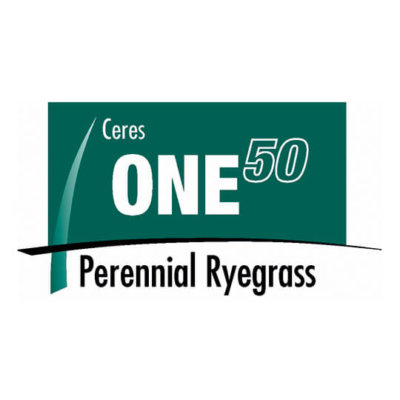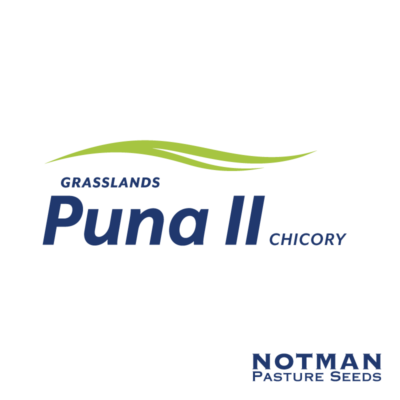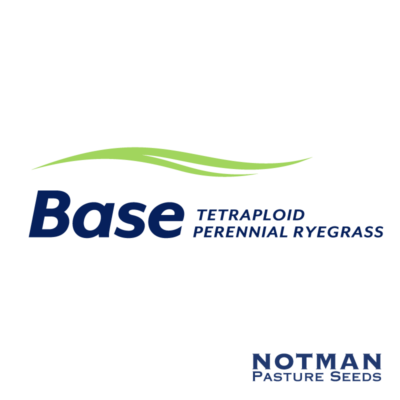Description
Confederate is the first phalaris bred by PGG Wrightson Seeds selected specifically for Australian producers.
- Winter active with excellent dry matter production
- Semi-erect to erect growth habit with low summer dormancy
- Low levels of alkaloids implicated in the phalaris staggers syndrome
- Selected for disease resistance to maintain high quality feed
- Excellent companion with clovers to provide high quality pastures for dryland systems
- Can tolerate set stocking at certain times of the year, but performs best under a rotational grazing system
Confederate phalaris has been bred in Australia by the Research & Development team of PGG Wrightson Seeds and is the first variety of phalaris to come from the PGG Wrightson Seeds dryland grass breeding program. Confederate phalaris has been trialled extensively at Ballarat (VIC), Lismore (VIC), Maryborough (VIC) and central to southern NSW alongside many of the commercially available phalaris varieties that many farmers have either utilised or have heard about. It has shown to be a solid performing winter active variety with excellent seasonal dry matter production, good persistence and the benefit of low tryptamine alkaloids – those associated with “phalaris staggers.”
Confederate has been subjected to the variability and the harsh conditions of the Australian environment throughout the selection process and has come through as a variety that will offer real benefits to livestock producers looking for a new phalaris to form part of their perennial pasture base.
Confederate phalaris is better suited to 500mm+ rainfall zones and heavier soil types, with a similar growth habit to Sirosa and Holdfast. Confederate will perform best under rotational grazing management to ensure persistence and production in a typical phalaris based pasture system.
Pest and disease tolerance
Confederate is susceptible to common pasture pests such as blue oat mite and redlegged earth mite, so ensuring that the seed is Ultrastrike treated at the time of sowing will give a good level of protection during the establishment period. It is still critically important to monitor the emerging seedlings and if pest populations are starting to cause damage, then a foliar insecticide may be required to give an improved level of protection.
Other pests that can cause damage to phalaris are slugs and snails, so be sure to use bait if you know that these could be a potential risk. Field crickets have also been known to cause damage, especially when establishing phalaris in heavier soils that are prone to cracking over the hot summer months. Confederate has been selected for rust tolerance. Rust can affect feed quality in some environmental and seasonal conditions.











